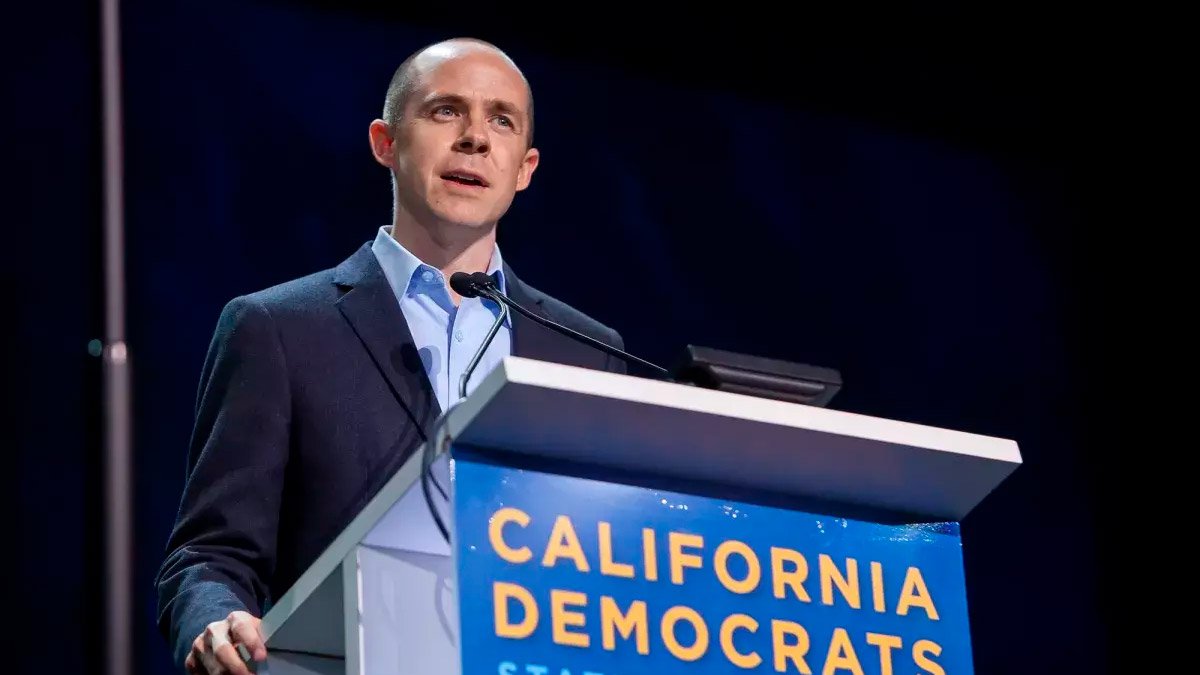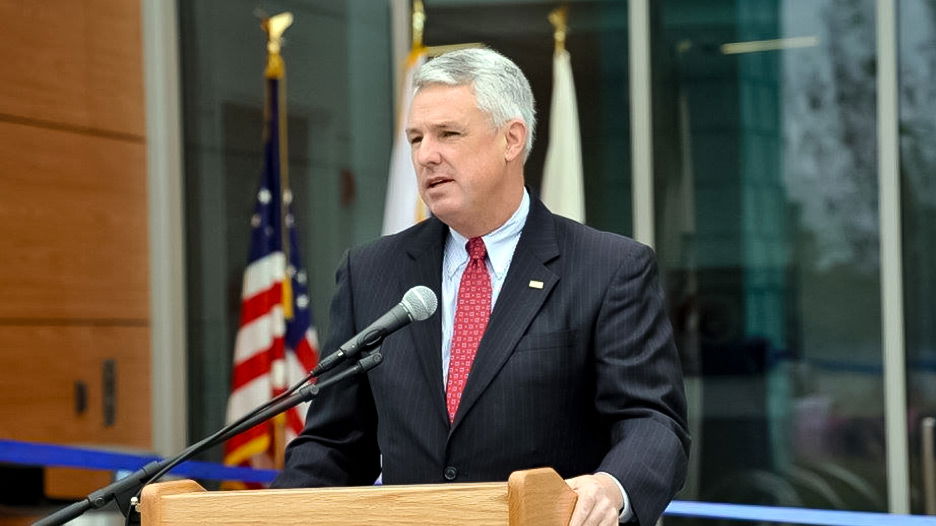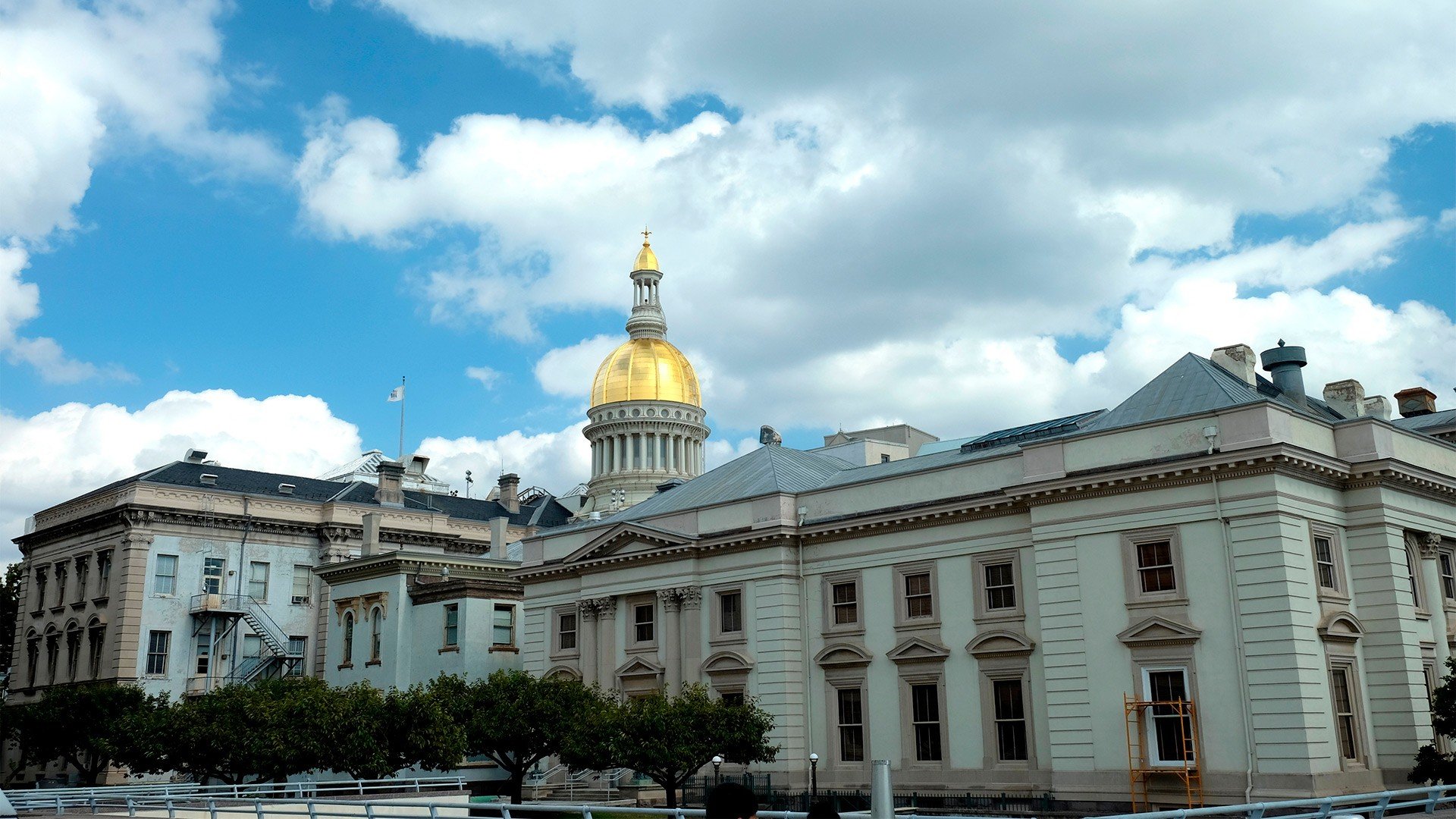California Democrats vote to oppose online sports betting ballot measure; remain neutral on retail wagering

California’s Democratic Party -which holds majorities in the legislature, and occupies the governor’s office- is opposing online sports wagering legalization while staying neutral on retail sports betting. The party announced on Sunday its support for several ballot measures, but not for the two legal sports gaming initiatives that will go before voters in November.
The Democrats voted to oppose Proposition 27 -which seeks to legalize online sports betting- and to remain neutral on Proposition 26 -which allows in-person sports wagering at tribal casinos and horse racing tracks-. The move was seen as favorable for the supporters of the retail-only proposal, which is championed by a coalition of state tribes.
“By opposing Prop 27, California Democrats rejected out-of-state corporations and reaffirmed their commitment to California’s Indian tribes,” said Reid Milanovich, tribal chairman of the Agua Caliente Band of Cahuilla Indians, in a press statement following the party’s announcement. “Prop 27 is not a solution to anything. It would expose children to a massive expansion of gambling and turn every cell phone, gaming console, tablet and laptop into a gambling device.”
“There is no question that Proposition 27 is an assault on tribal sovereignty,” agreed California Democratic Party Native American Caucus First Vice Chair Dr. Joely Proudfit. “Proposition 27 threatens decades of progress for California’s Indians, erodes Tribal sovereignty, and threatens the future economic sustainability of California’s indigenous people.”
We are proud to announce our ballot measure endorsements, which include measures to
— California Democratic Party (@CA_Dem) July 10, 2022
✅enshrine the right to abortion in our state’s constitution,
✅provide more funding for arts & music education,
✅ improve the quality of medical care,
✅better fund climate action, & more. pic.twitter.com/DAA0GNplOs
The party’s stances on these competing measures give voters a guide on which way to vote when they appear on ballots in November. While Democrats aren’t outright supporting the tribal measure, it would seem they won’t oppose it. However, there remains to be seen if voters take the party recommendations on sports betting when the time comes.
At this point in time, it remains unclear whether or not voters will approve -or reject- either proposition. Both online operators and tribes are ramping up their lobbying war for sports gaming legalization ahead of the November ballot, spending millions in an effort to sway state voters.
While Proposition 27 may lack support from state Democrats, it counts on the financial backing from a coalition of major sportsbook operators. Seven sports gaming heavyweights -DraftKings, BetMGM, FanDuel, Bally’s Interactive, Fanatics, Penn National Gaming, and WynnBET- have built a $100 million lobbying fund for their effort.
Their proposal, which officially accumulated enough valid signatures late last month, seeks to legalize online sports wagering across California. The tax revenues generated under this plan would be used to battle social issues, with a particular focus on homelessness: it is proposed under the group “California Solutions to Homelessness and Mental Health Act.”
“The initiative achieves this by licensing, tightly regulating, and taxing online sports betting,” the website for the proposal says. “In 2018, the Supreme Court ruled states could legalize betting on sports, and nearly half of the country has safely authorized online sports betting, generating revenue windfalls to fund state priorities.”
Tonight, the @CA_Dem Executive Board Resolutions Committee unanimously voted to oppose #Prop27, the out of state corporate online sports betting measure. Prop 27 is bad for California Native American Tribes and bad for all Californians. #NoOnProp27 pic.twitter.com/uBQ96OvwIA
— NoOnProp27 (@NoProp27) July 10, 2022
That plan is up against the rival ballot put forward by 61 Californian tribes entitled “California Legalize Sports Betting on American Indian Lands Initiative,” which had already qualified last year. The tribal plan would allow tribal casinos and the state’s four-horse race tracks to offer in-person-only sports betting. Campaigning is heating up, with opposing ads now released.
Proponents of the online betting initiative argue their plan would provide hundreds of millions in tax revenue to the state to battle social issues, and would allow for online sports betting via partnerships with Native American tribes. Meanwhile, opponents argue it would instead increase the risk of addiction and potentially expose underage Californians to online gaming.
California ranks among one of the biggest prizes if a sports gambling ban is overturned. Experts forecast the market is worth around $ 3 billion each year, an attractive segment not only for heavyweight operators but for Native American tribes, which run one of the biggest networks of casinos and bingo halls in the US.
If the tribes match the online bookmakers’ war chest, the total spend is likely to eclipse the $226 million bill racked when Uber, Lyft, and other ride-hailing companies sought to be exempted from local labor laws, turning it into the state's most expensive political campaign ever.


















































